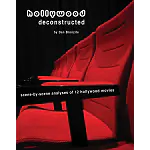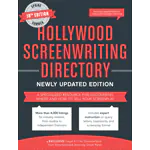Tag: original screenplay
High Concept Movies
For some screenwriters, penning an original high concept movie is the holy grail. And that can be a good thing or a bad thing. These days, the majority of…
Mixed Genres Can Lead to a Confusing Script
Writers get ideas for movies in various ways. Sometimes it’s overhearing a conversation on the bus, other times it may be a dream that inspires you to write a…
Good Screenwriting Means Being Original
Sometimes we, as people and writers, get lazy. It’s only natural. Life can be tough. Writing scripts can be hard. Please.. my heart bleeds. It’s time to take responsibility…



